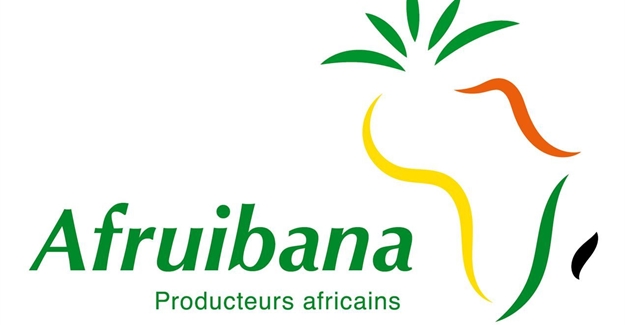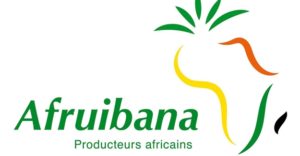
 A new pan-African fruit industry association, Afruibana, gathering fruit producers and exporters from Cameroon, Côte d’Ivoire and Ghana, was officially launched this week in Brussels.
A new pan-African fruit industry association, Afruibana, gathering fruit producers and exporters from Cameroon, Côte d’Ivoire and Ghana, was officially launched this week in Brussels.
Open to African fruit and vegetable farmers, the new platform seeks to put in place strategies to improve the sector’s competitiveness and increase the access of African products to the European Union’s markets.
Rough competition, a deteriorating label, increased tariffs, etc. are some of the challenges facing African fruit, especially bananas, whose producers are often obliged to throw away a good part of their harvest.
To reverse this trend, African fruit producers and exporters officially launched a new platform called Afruibana last Wednesday (July 19) in Brussels during Cameroon Trade Minister, Luc Magloire Mbarga Atangana’s visit to European institutions.
The Douala-based association, an open platform with a mission to defend the interests of African fruit farming, will enable fruit producers on the continent to pool their efforts and make their voices heard better in international trade.
Afruibana is thus the permanent representative of a community of fruit producers and exporters across Cameroon, Côte d’Ivoire, and Ghana. The association will take steps to foster fruit exports to EU countries. It will also serve as an interface between producers in the sector and European institutions to secure financing and support for African fruit growers.
Afruibana also has a key role in the representation and advocacy for asserting the quality and importance of agro-industrial value chains across the African continent in terms of economy, social affairs and environmental impact.
Chairman of Afruibana Joseph Owona Kono was quoted by the portal bizcommunity.com as saying that “The European Union is the main outlet for African bananas, for historical and geographical reasons”. In Côte d’Ivoire and Cameroon, the agricultural sector makes up approximately 60% of the economy in these two countries, he said.
“Farming is thus one of the main sources of jobs and income for most of the rural population. For this reason, Afruibana has an essential role in reinforcing our ties with European agencies, favoring trade between Africa and Europe, promoting socioeconomic development and contributing to the fight against migration,” he said.
“A number of future European political decisions are of a strategic importance for African producers. Afruibana’s role is, therefore, to raise awareness among European decision-makers about the interest of maintaining and developing African farming not only to continue exporting quality bananas but also to develop the economy in our countries by shoring up rural employment and family-run farms,” explained, on his part, Jean-Marie Kacou Gervais, vice-chairman of Afruibana.
In many African countries, notably Côte d’Ivoire and Cameroon, the banana sector plays a key economic and social role. It is both a source of income and stability. In terms of income, in Côte d’Ivoire, the largest banana producer in Africa since 2016, the sector generates 100 billion FCFA per year and creates more than 50,000 jobs, 15,000 of which are direct. With a production of 280,000 tons last year, the first West African economic power wants to bring up its banana production to 500, 000 tons in 2019.
